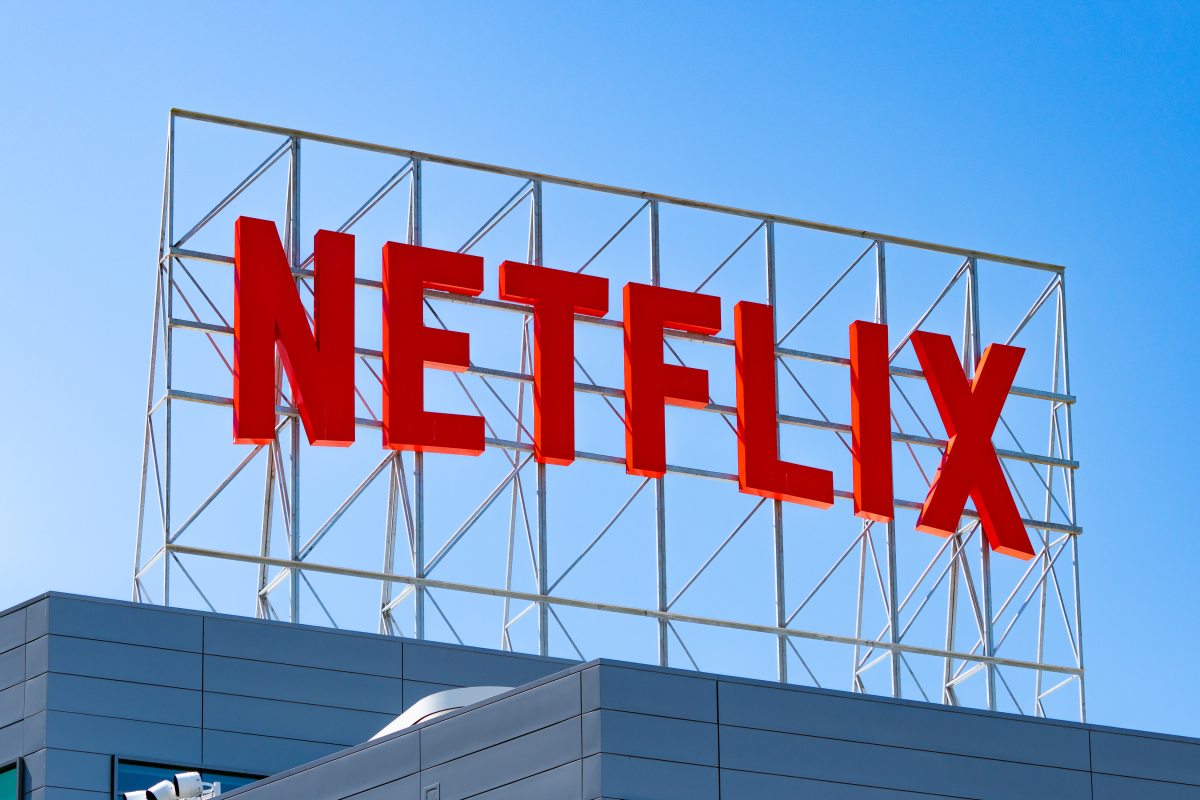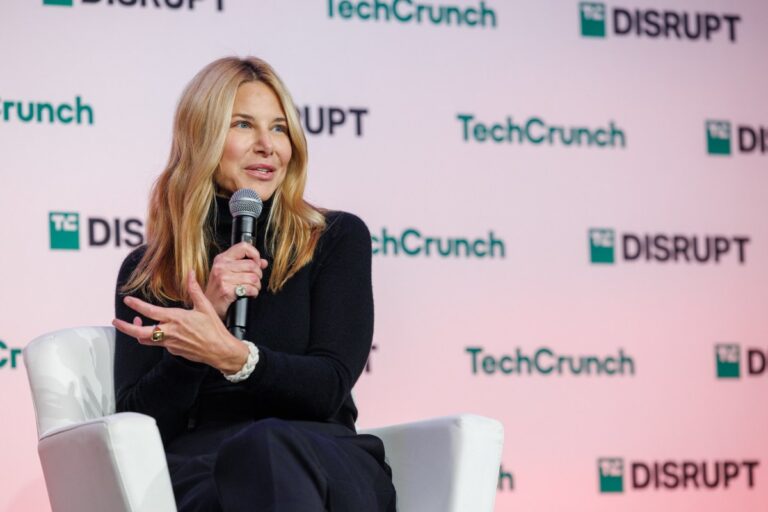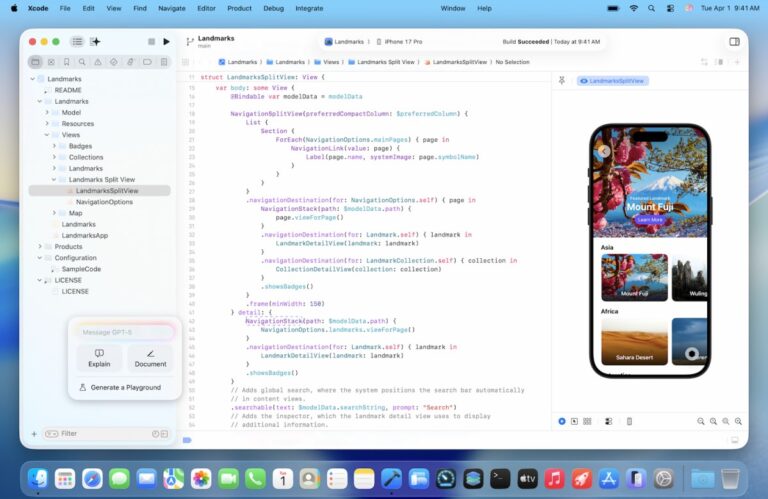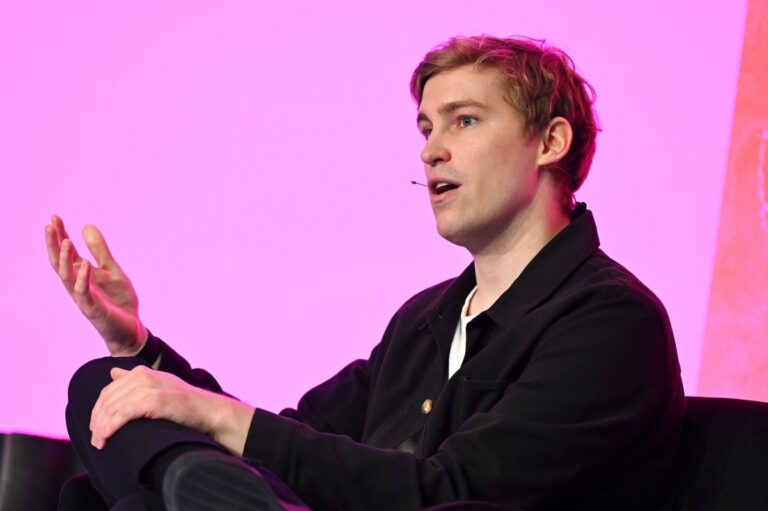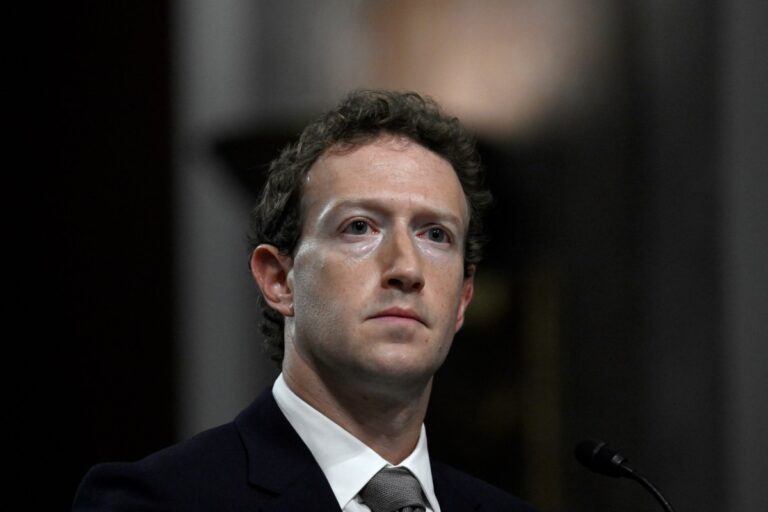Netflix Advances Its Use of Generative AI Amid Industry Debates
As the film and television landscape navigates the integration of generative AI, Netflix is positioning itself at the forefront of this technological shift. In its latest quarterly earnings report, released Tuesday, the streaming giant emphasized its readiness to harness ongoing advancements in AI to enhance creative workflows.
While Netflix does not intend to make generative AI the central component of its content creation, it acknowledges the technology’s potential to streamline processes for creatives.
Insights from Leadership
“It takes a great artist to create something remarkable,” Netflix CEO Ted Sarandos articulated during the earnings call. “AI offers creatives enhanced tools to elevate their storytelling for our audiences, yet it cannot replace the artistry inherent in great storytelling.”
Earlier this year, Netflix applied generative AI in a groundbreaking manner for the Argentine series The Eternaut, employing the technology to create a visually dynamic scene of a building collapsing. This innovative approach has paved the way for other projects, such as the use of AI in Happy Gilmore 2 to make characters appear younger and in Billionaires’ Bunker for pre-production design elements.
Sarandos reaffirmed the company’s commitment, stating, “We believe AI will empower our creative partners to tell stories more efficiently and in innovative ways. We are dedicated to exploring these possibilities but are not pursuing novelty for its own sake.”
Industry Concerns and Future Directions
The incorporation of AI has sparked heated discussions within the entertainment sector, particularly among artists who fear that tools built on large language models (LLMs) may compromise their jobs by utilizing their work without consent.
As a leader in the industry, Netflix’s approach suggests that studios are more inclined to apply generative AI for special effects rather than to diminish the roles of live actors—despite some controversy, such as an AI performer that stirred controversy without landing any roles.
Recent tensions escalated following the unveiling of OpenAI’s Sora 2 model, which enables audio and video generation but lacks safeguards against unauthorized deepfaking of actors. This has prompted calls from organizations like SAG-AFTRA and actor Bryan Cranston for stronger protective measures.
In response to investor inquiries regarding Sora’s potential effects on Netflix, Sarandos acknowledged the potential impact on content creators but expressed confidence in the resilience of the film and television industry, stating, “We’re not concerned about AI replacing creativity.”
Netflix reported a 17% year-over-year increase in quarterly revenue, reaching $11.5 billion, although this figure fell short of the company’s expectations.

